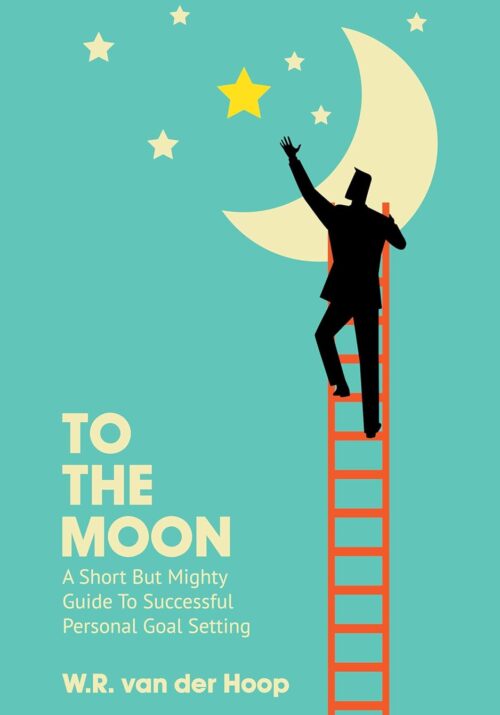Multi-Tasking + Task Switch
Sophie Leroy, a business professor at the University of Minnesota. In a 2009 paper, titled, “Why Is It So Hard to Do My Work?,” Leroy introduced an effect she called attention residue. In the introduction to this paper, she noted that other researchers have studied the effect of multitasking trying to accomplish multiple tasks simultaneously on performance, but that in the modern knowledge work office, once you got to a high enough level, it was more common to find people working on multiple projects sequentially: “Going from one meeting to the next, starting to work on one project and soon after having to transition to another is just part of life in organizations,” Leroy explains.
The problem this research identifies with this work strategy is that when you switch from some Task A to another Task B, your attention doesn’t immediately follow – a residue of your attention remains stuck thinking about the original task.
This residue gets especially thick if your work on Task A was unbounded and of low intensity before you switched, but even if you finish Task A before moving on your attention remains divided for a while.
Leroy studied the effect of this attention residue on performance by forcing task switches in the laboratory. In one such experiment, for example, she started her subjects working on a set of word puzzles. In one of the trials, she would interrupt them and tell them that they needed to move on to a new and challenging task, in this case, reading resumes and making hypothetical hiring decisions.
In other trials, she let the subjects finish the puzzles before giving them the next task. In between puzzling and hiring, she would deploy a quick lexical decision game to quantify the amount of residue left from the first task.
The results from this and her similar experiments were clear: “People experiencing attention residue after switching tasks are likely to demonstrate poor performance on the next task,” and the more intense the residue, the worse the performance.
Each time you get interrupted. It takes a minimum of 10min – 15min to concentrate your mind back to the task. You can’t afford to get interrupted or distracted. See how you can put yourself in a position so you won’t get interrupted or distracted.





Leave a Reply